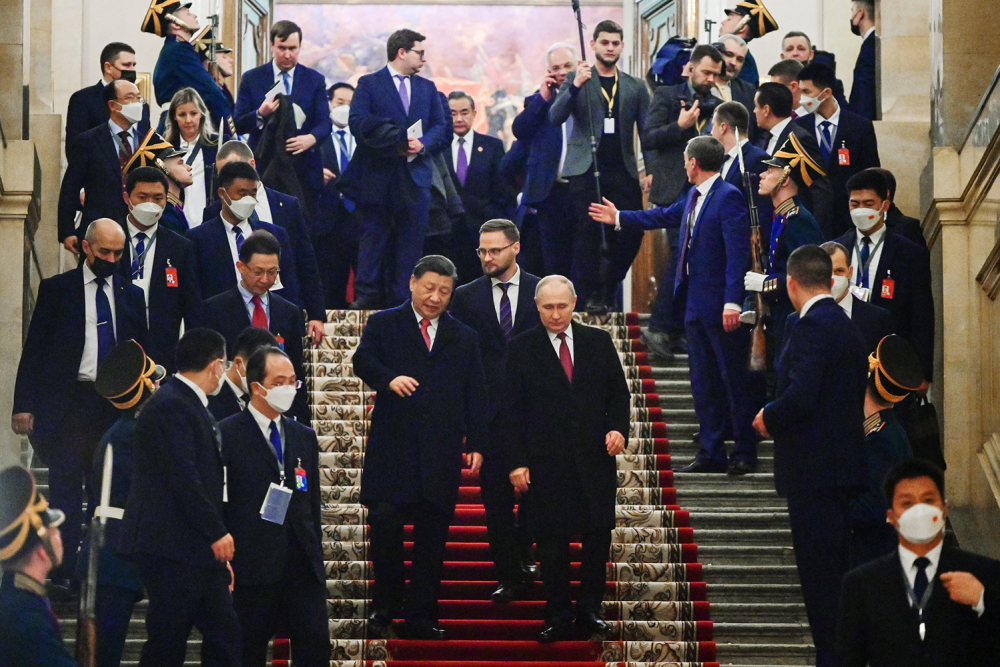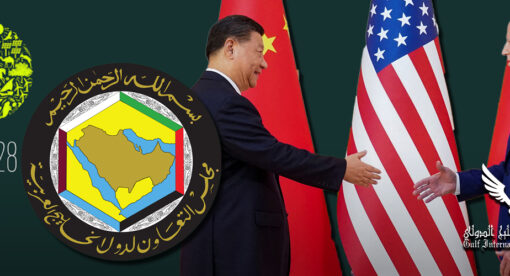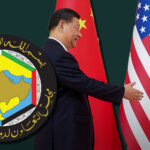Moscow’s efforts to deflect Western intervention may be applied to Taiwan.
As tensions flare between China and the United States over Taiwan, most recently over Taiwanese President Tsai Ing-wen’s meeting with U.S. House Speaker Kevin McCarthy in California on April 5, there are growing concerns about the potential for conflict. Such fears have been elevated by Russia’s full-scale invasion of Ukraine in the face of U.S. opposition, a war that Beijing has been closely observing for its own purposes. Like Russia in Ukraine, China sees the United States as the chief force stopping it getting what it wants on this issue.
There have been countless studies over the lessons that Beijing could draw from the Ukraine conflict and apply to its own potential military intervention in Taiwan. But instead of focusing solely on the military dimension of Russia’s war in Ukraine, there is a more subtle—and perhaps more important—element of Moscow’s strategy in the conflict that China could be adapting in its efforts to absorb Taiwan. This element concerns the use of selective economic and diplomatic statecraft to counter any U.S.-led resistance, and Beijing is wasting no time in applying such lessons from the war in Ukraine to build up its own leverage over Taiwan.
Russia’s invasion of Ukraine has demonstrated two particularly relevant facets of U.S. strategy. The first is U.S. support of Ukraine, primarily in the form of military backing via weapons shipments and logistical assistance, as well as in broader political and economic terms. Such support has been maintained over the course of the prolonged conflict, with the United States and its NATO allies sustaining and even increasing various forms of aid for Ukraine over the past year. This has served to slow down and even reverse some of Russia’s territorial gains, while proving to Moscow that Western solidarity with Ukraine is not easily broken.
Read the rest in Foreign Policy.











